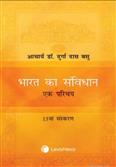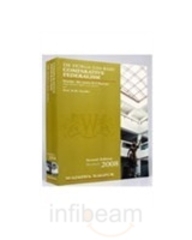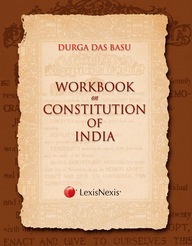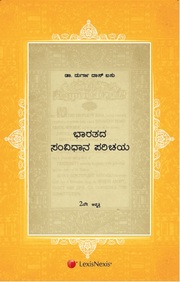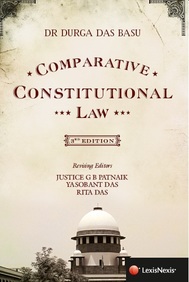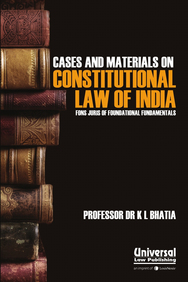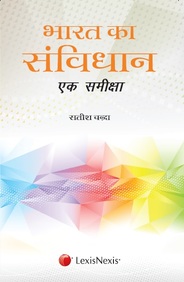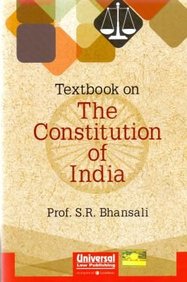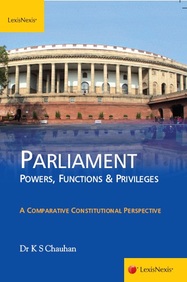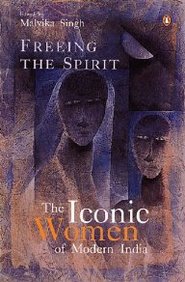Buy Constitutional Law
Featured Products
Bharat Ka Samvidhan?Ek Parichaya (Hindi Translation)
₹450.00
M.R.P.:₹ 450.00
You Save: ₹0.00 (0.00% OFF)
Introduction to the Constitution of India (Kannada Translation)
₹315.00
M.R.P.:₹ 350.00
You Save: ₹35.00 (10.00% OFF)
Cases & Materials on Constitutional Law of India
₹895.50
M.R.P.:₹ 995.00
You Save: ₹99.50 (10.00% OFF)
Parliament ? Powers, Functions & Privileges
₹1,255.50
M.R.P.:₹ 1,395.00
You Save: ₹139.50 (10.00% OFF)
Outlines of Indian Legal and Constitutional History
₹260.00
M.R.P.:₹ 325.00
You Save: ₹65.00 (20.00% OFF)


